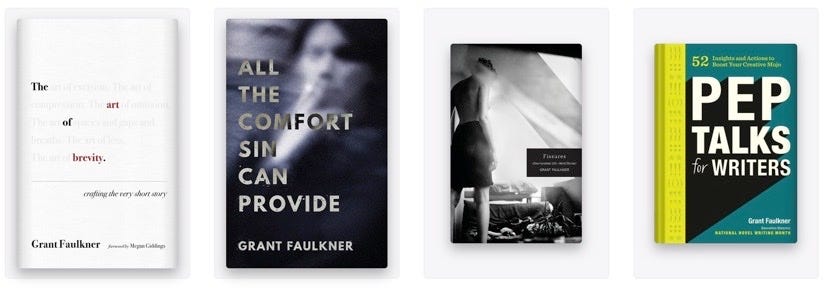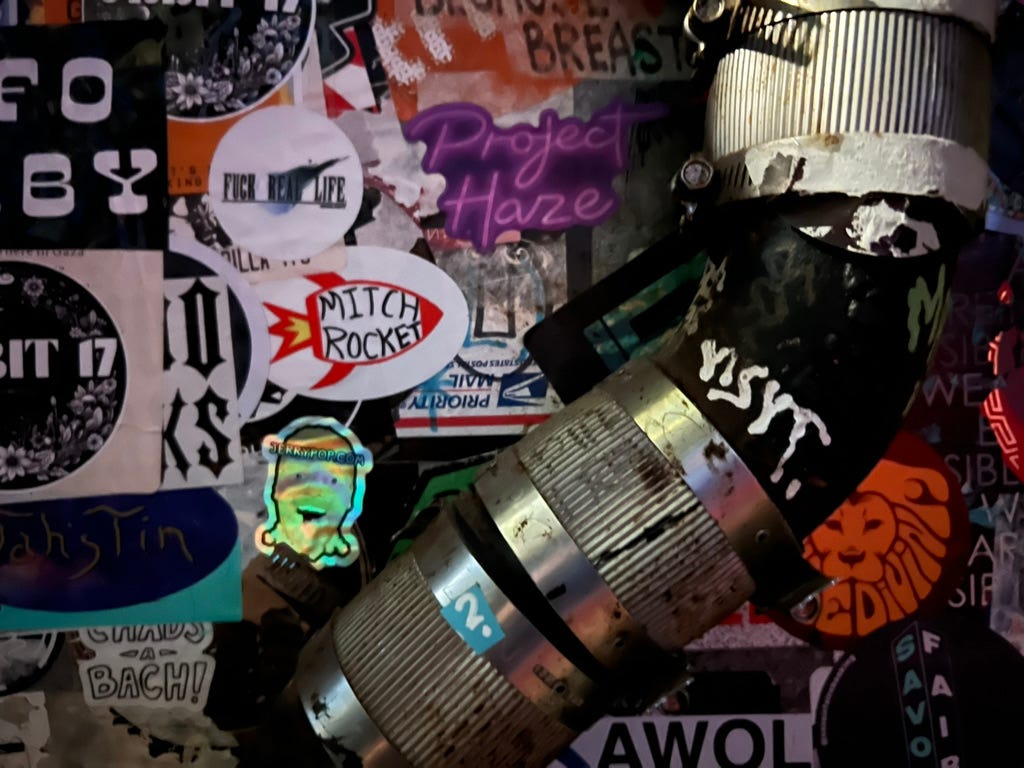Do you ever find yourself listening mainly to find an opening to talk?
Do you feel yourself finishing people’s sentences in your mind, or interrupting them when you think you know what they’re going to say?
Do you say something and realize that no one truly heard it?
One thing I know: we’re a nation of talkers, but not of listeners. To the point that I sometimes wonder who, if anyone, is really listening.
A big part of why I write is to explore these gaps between people—what we say and don’t say, what we hear and don’t hear (or hear wrongly). This is where so much of the drama of life resides.
That’s why I was excited to talk with Elizabeth Rosner on my podcast Write-minded. Elizabeth recently wrote Third Ear, a fascinating hybrid memoir on listening that brings together memoir, social commentary, lyrical ruminations, and the latest research on neurolinguistics and creativity to illuminate the various ways we are impacted by the sounds and silences of others.
The title comes from the concept of “third-ear listening,” which was developed by Theodor Reik, a protege of Sigmund Freud’s. If you listen with a third ear, you hear what is expressed beyond merely hearing it. You pay attention to what is unspoken and what people “only feel and think.” You also listen to the voices within that can be “drowned out by the noise of our conscious thought processes.”
Reik said a good analyst hears with a third ear. As does a good author.
An author’s ear
An author must listen with intuition, listening for intimations of truth. As Ingrid Rojas Contreras said in another episode of Write-minded, “When you’re listening to a story at a family or chosen-family gathering, become a student of structure and tone … What silences are kept? What silences are broken? Surveying all that land can teach you so much about what to write about, and how to do it.”
One might say that such intuitive “third listening” makes up our lives as much as any “first listening” does. We live in the gaps between people, but we seek cohesion, completeness, and therein the drama lies. How do we fill those gaps? What stories do we tell ourselves? Are those stories real?
Rosner is the daughter of multilingual parents, and she said that growing up she listened to the spaces in between whispers and clamor to interpret things with her third ear, and this prepared her for a life of eavesdropping, as she put it.
The story of our lives is so often hidden behind the words we speak. I was recently talking with a close friend of mine, and my writerly radar told me that he was lying to me, or not telling me the full truth. I know him well, but I couldn’t say specifically how I knew that he wasn’t telling me the truth. A fluctuation in his voice. A gesture, a blink of his eye. A different rhythm, a different timbre in his speech. Nothing that could be offered as evidence in court, but, still … I knew.
I didn’t challenge my friend, as hurt as I was. He needed the lie for a reason he couldn’t tell me, and I decided that I should respect his need to lie because he must have needed that protection, that privacy. I hope that someday he won’t need the lie.
Honing the practice of listening
We often find ourselves passively consumed by the background hum of our lives. We are attuned to the art of tuning out, in other words. Listening requires a different kind of devotion or attention than other senses. We have to train ourselves to listen to sound’s shadings, nuances, and surprises.
Rosner begins the book with this quote from Pauline Oliveras, a favorite composer of mine:
“Take a walk at night. Walk so silently that the bottoms of your feet become ears.”
With such attention, life becomes a soundscape, background noise becoming its own type of opera.
Oliveras developed the concept of “deep listening,” which she describes as a fully embodied pursuit:
“Deep Listening is listening to everything all the time, and reminding yourself when you're not. But going below the surface too, it's an active process. It's not passive. I mean hearing is passive in that soundwaves hinge upon the eardrum. You can do both. You can focus and be receptive to your surroundings. If you're tuned out, then you’re not in contact with your surroundings.”
Because listening is loving
Deep listening asks for consideration, compassion, and vulnerability.
One thing I like to reflect on when I’m in a meeting or at a dinner party is whether I’m listening in order to find a space to talk, or if I’m listening to be present.
I actually find the latter to be the more enjoyable state, not only because I’m opening myself up to curiosity and wonder, but also because the need to speak is so centered on me, and listening really is an act of surrender, a giving up of the ego. (I’ve been somewhat obsessed by the powers of surrender since I wrote Surrender Is an Action Verb).
In the collection “Prayers for a Thousand Years,” from 1999, Oliveros joined hundreds of teachers and activists to offer advice for the coming millennium. Oliveros’s plea?
“To create an atmosphere of opening for all to be heard, with the understanding that listening is healing.”
Listening is also storytelling. I’ve been engaged in an ongoing (and probably never-ending) definition of what “writing with love” is, beginning with this post inspired by Edwidge Danticat: Writing and Love. Love and Writing.
Listening plays a key role in writing with love because approaching the world with our ears wide open, with as much courage as one can muster, and then pausing to listen deeply to another with generosity is a good definition of love. It can be a transformative way to create if we’re truly listening to ourselves, the world, all of those wild souls who we encounter.
Listen. Love. Write. Repeat in any order you want. They all go together.
Please contribute your spare change to help me publish this newsletter.
Because listen to Write-minded!
I have open coaching/editing spots!
I love working with writers, and I have some space on my Writing Consult calendar if anyone's looking!
I do the following:
Manuscript Assessments and Editing
One-on-One Coaching: Writing Motivation, Creative Process, and Accountability
Pitching and Submission Guidance
Special Flash Fiction Consulting
Book Proposal Assistance
Ghostwriting
Contact me to find out more about my one-on-one work with writers.









Yes to all of this. I especially love: We live in the gaps between people, but we seek cohesion, completeness, and therein the drama lies.
This reminds me of "STFU: The Power of Keeping Your Mouth Shut" by Dan Lyons. An easy but deeply insightful read. Borrowed it on Libby without a wait.